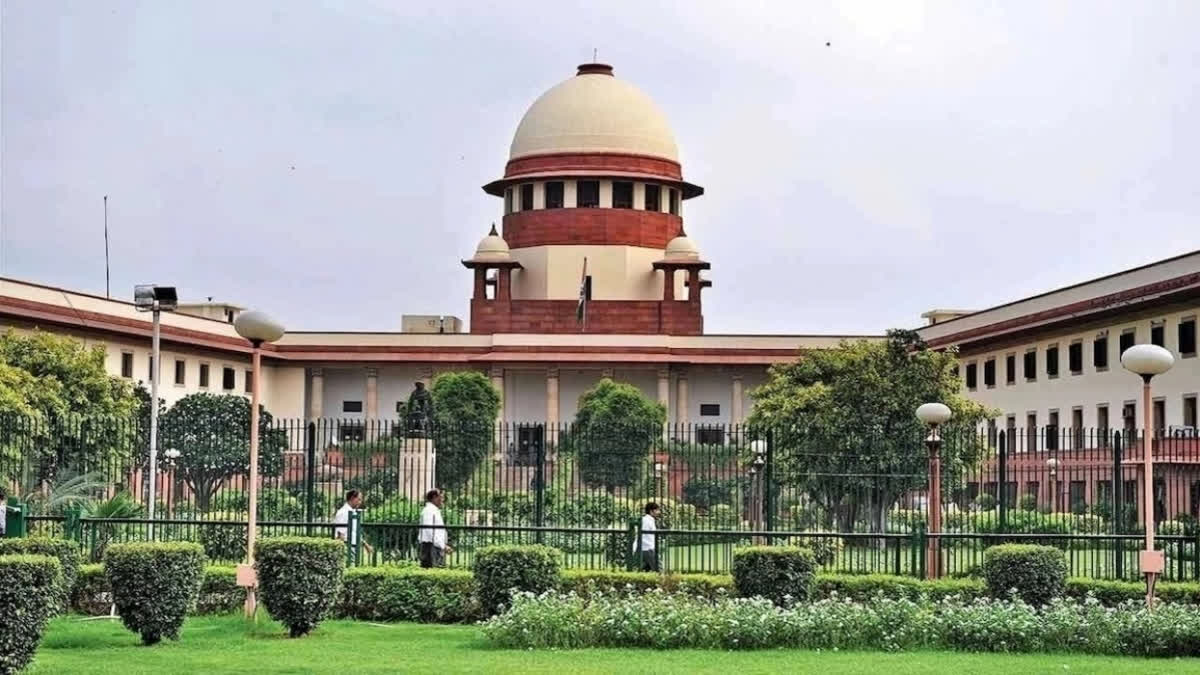New Delhi:The central government on Wednesday, July 31, vehemently opposed in the Supreme Court a plea of the mineral-rich states seeking refund of the royalty levied by it on mines and mineral-bearing land since 1989.
Solicitor General Tushar Mehta, appearing for the Centre, submitted before a nine-judge bench led by Chief Justice of India (CJI) DY Chandrachud that Madhya Pradesh and Rajasthan, which are ruled by the BJP, wanted the judgment to be made applicable prospectively.
The central government stressed that any order asking it to pay the alleged dues with retrospective effect will have a “multipolar” impact. Mehta argued that applying the judgment retrospectively will have an impact on several industries, including the PSUs, and stressed that it will open the floodgates of new litigations.
Emphasising on justice being done for both sides, he said the court may consider saying that neither the state government may demand any levy retrospectively nor the private parties or PSUs who have paid would seek any refund of the money.
A nine-judge bench led by CJI and comprising justices Hrishikesh Roy, Abhay S Oka, JB Pardiwala, Manoj Misra, BV Nagarathna, Ujjal Bhuyan, Satish Chandra Sharma and Augustine George Masih, reserved its order on the issue of whether royalty levied by the Centre on mines and mineral-bearing lands since 1989 will be refunded to the states.
During the hearing, senior advocate Rakesh Dwivedi, representing the Jharkhand Mineral Development Authority, made submissions in favour of making the judgment retrospective. On the aspect of financial implications if the judgment were to apply retrospectively, Dwivedi suggested that past arrears could be paid in instalments.
